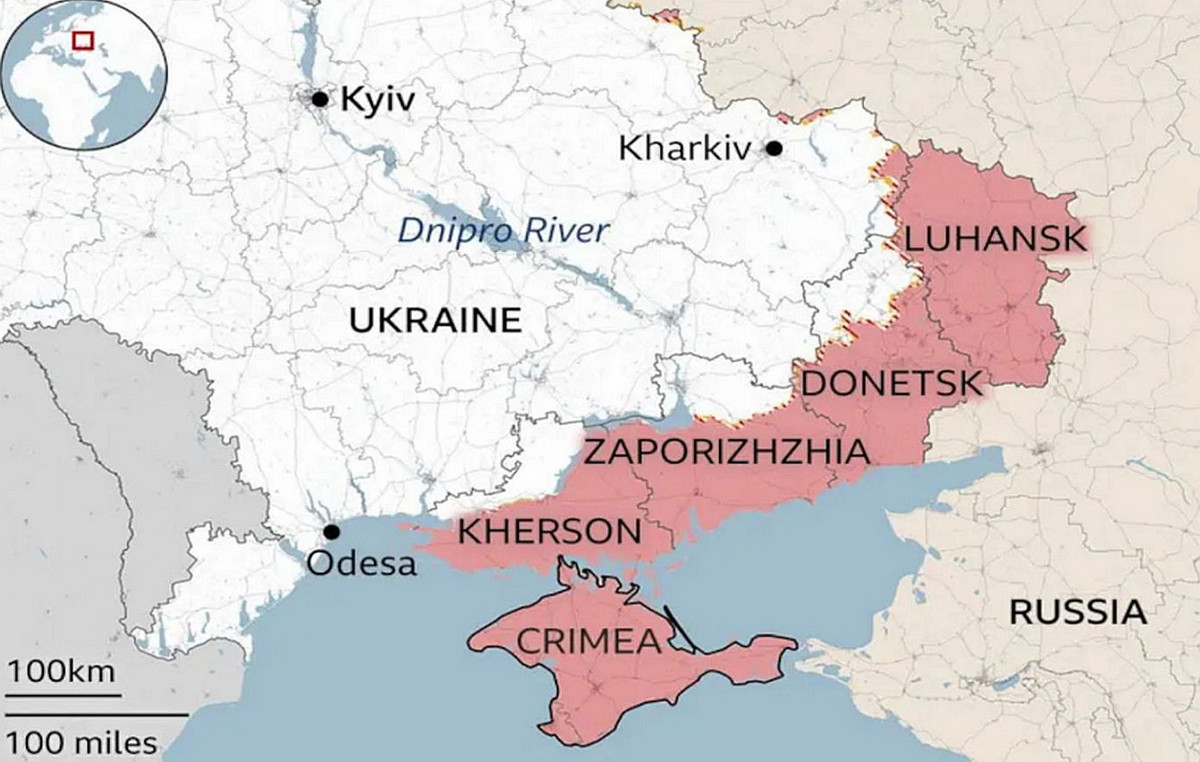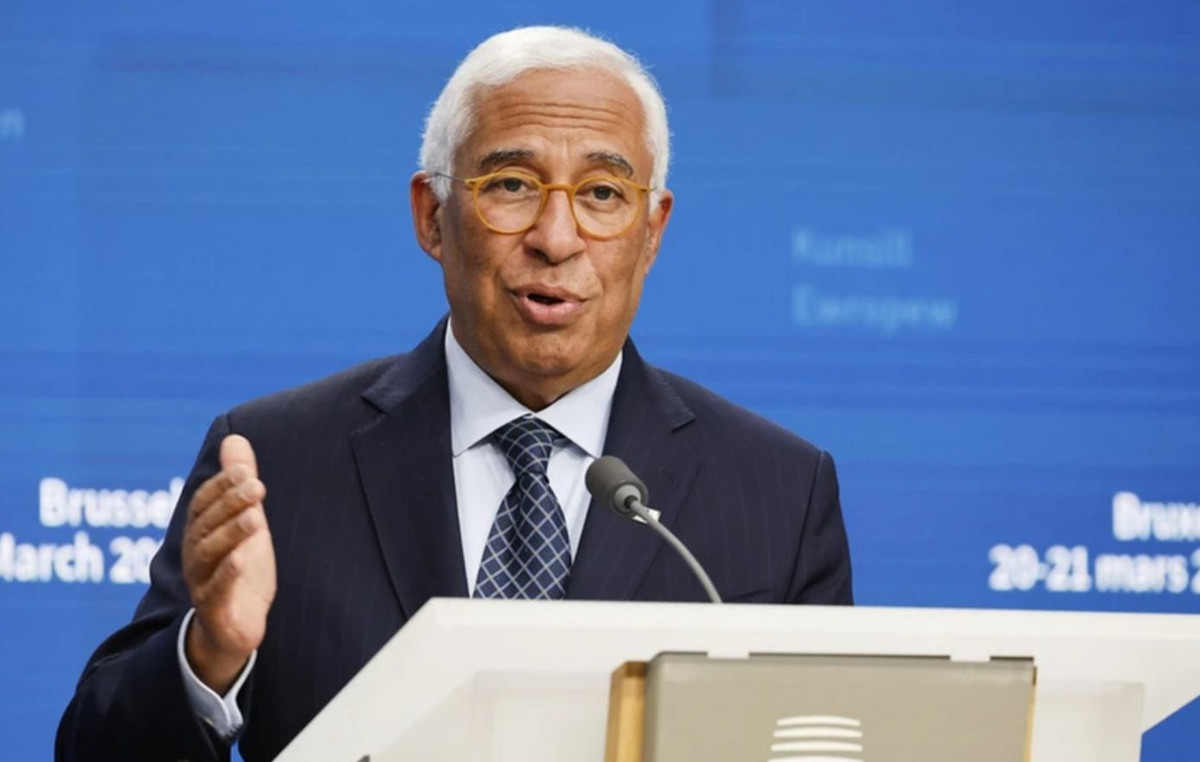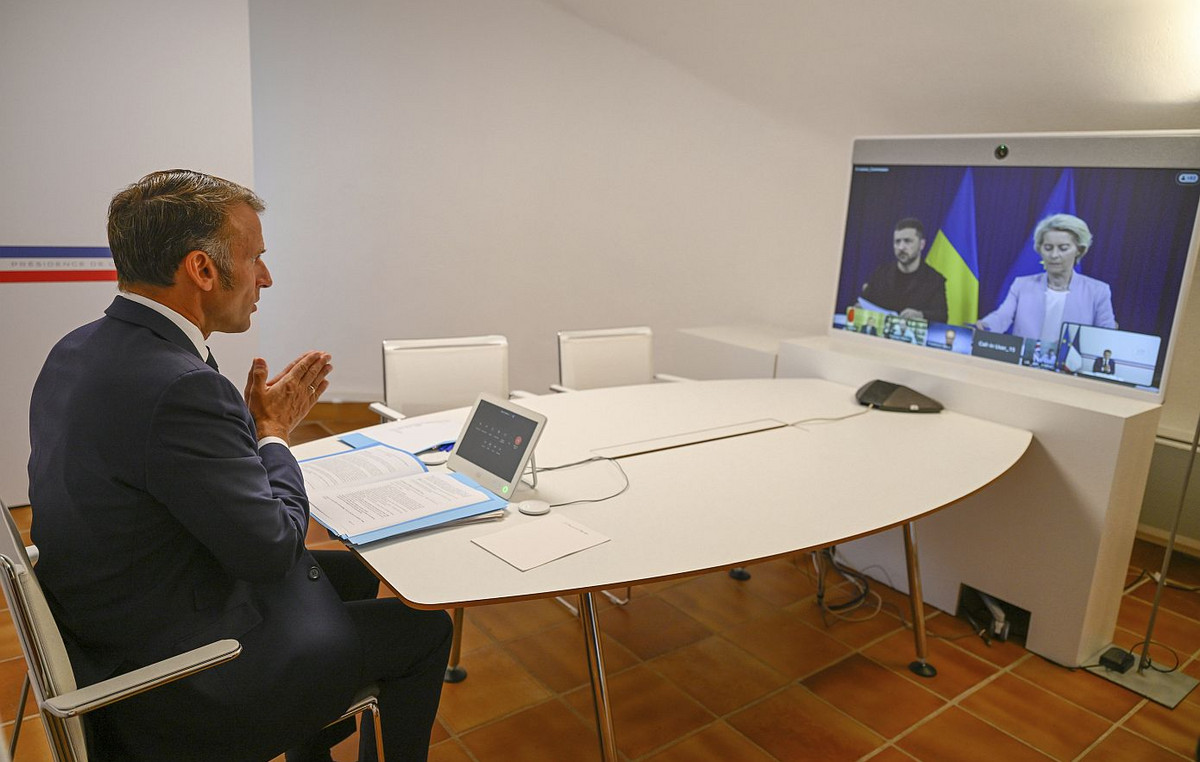While an Italian prime minister’s term is five years, over the past two decades — which, by basic accounts, should have housed around four compositions — Italy has gone through 11 different governments and eight presidents of the Council of Ministers (the Italian title for head of government).
Since the end of the Second World War, when the country returned to being a Republic, only one prime minister has served the entire term of office: Silvio Berlusconi, between 2001 and 2006, in two different governments. In the same period, there were 66 governments until reaching the current chancellor, Mario Draghi. On average, it would be about 13 months for each management.
Now, the European country faces new political turmoil with Draghi’s resignation request to Italian President Sergio Mattarella.
“The president of the Council of Ministers, to sustain himself in office, depends on the support of Parliament. As there are many parties in Parliament, parliamentary coalitions are historically very unstable. That’s why the exchange of governments and prime ministers is very frequent in Italy”, explains the professor of International Relations at the University of São Paulo (USP) Kai Enno Lehmann.
The prime minister presented his resignation last Thursday (14), claiming that the “coalition of national unity” that supported his government no longer exists.
On the same day, Mattarella rejected the request, asking Draghi to appear in parliament to get a clear view of the political situation, according to a statement from the office of the head of state.
If the prime minister does not agree to keep his post, the alternative would be to call an election in the autumn (Northern Hemisphere), said Foreign Minister Luigi Di Maio, warning that an early vote would harm the Italian economy.
“The president’s preference at the moment, it seems to me, is not to have new elections. Perhaps it is inevitable that there will be, but the preference is to try to form a new government without new elections”, evaluates Lehmann.
Italy has not had an autumn election since World War II, as this is when the budget is usually drawn up and approved by parliament.
Context
The attempted resignation of Mario Draghi, who began his government in February 2021, comes after the 5 Star Movement party took a position against it in a ruling coalition vote.
The party boycotted a parliamentary confidence vote that involved the prime minister’s plans to tackle the rising cost of living, arguing that they did not go far enough.
The motion covered a financial aid package worth around €26 billion. It also includes a provision authorizing Italy’s capital, Rome, to build a giant garbage incinerator — a project 5 Star has always opposed.
According to Lehmann, having the party’s “lasting support” is “difficult”, given that “the 5 Star Movement is a relatively new party that has already entered into a coalition with parties of the extreme right and has already entered into a coalition with liberal and social parties. -democratic. So, let’s say, it’s ideologically flexible.”
The opposition’s assessment is that the party, which split last month, is acting out of self-interest to improve its performance among voters.
elections
If they are not brought forward, general elections in Italy will take place in 2023. If voters are called to the polls before then, Draghi could remain in the role as an interim, but he would not prepare a budget for next year, nor could he enact reforms demanded by Europe.
“THE Italy cannot do without Mario Draghi,” said Renato Brunetta, Minister of Public Administration and member of the center-right Forza Italia party. “We cannot lose the credibility and trust we have gained in Europe and the world in such difficult times,” he tweeted.
None of the parties that make up national unity have demanded elections after Draghi announced his resignation. Only the far-right Brothers of Italy party, the only major group left out of the coalition, expressed support for bringing the elections forward.
“With Draghi’s resignation, this legislature is over,” Giorgia Meloni, the party’s leader, wrote on Twitter. “Elections immediately.”
On the other hand, if Mario Draghi remains president of the Council of Ministers, the challenge will be to regain the support of the majority of parliamentarians. “The prime minister cannot stay in office for the long term without the steady support of parliament, because he would not be able to pass laws or the budget. Without that, he would not have been able to support himself in his position”, explains the USP professor.
*With information from CNN and Angelo Amante, Crispian Balmer and Gavin Jones of Reuters
Source: CNN Brasil
I’m James Harper, a highly experienced and accomplished news writer for World Stock Market. I have been writing in the Politics section of the website for over five years, providing readers with up-to-date and insightful information about current events in politics. My work is widely read and respected by many industry professionals as well as laymen.







